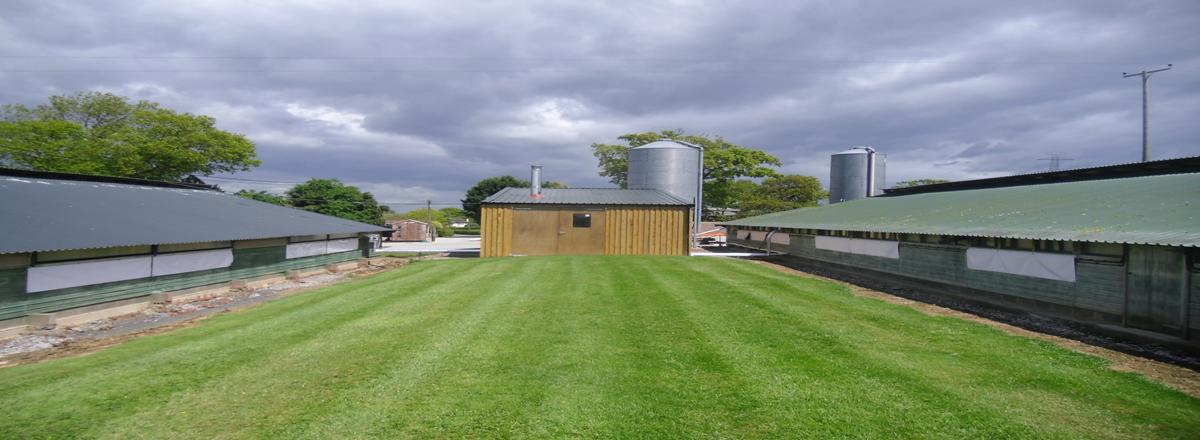
Ulster Farmers’ Union Rural Enterprise Chairman, Gary Hawkes, says he is 'angry and frustrated' by a decision to suspend the Northern Ireland Renewable Heat Incentive (NIRHI).
He says this is based on a 'flawed' consultation process, and that the suspension and imminent closure will leave in disarray the plans and considerable resource commitments already made by many farmers who were expecting support. The RHI is part of a green strategy by government to reduce dependence on fossil fuels.
The Department of Enterprise Trade and Investment (DETI) confirmed that it plans to end the scheme next week. “We understand that these are difficult times for public spending and that priorities have to be set,” said Mr Hawkes, but he insisted it was unfair that farmers should pay the price for poor decision making.
"There was no consultation on this closure. A limit should have been placed on the RHI budget. DETI had two opportunities to introduce a phased closure which would have avoided the sudden ending of the scheme", the UFU said.
The UFU met with DETI in July 2015 and warned of an imminent spike in demand and in the following Spending Review in November, DETI were made aware of the imminent overspend. “A stepped closure would have avoided the over-spend which led to this panic decision to put an overnight brake on a scheme around which many farmers have built long term investment plans,” he said.
The big losers will be poultry farmers investing in new biomass boilers. While these are expensive the RHI made them affordable, but now farmers who have committed to these will be denied the aid needed to make them economic.
“We are not seeking a blank cheque for farmers. We fully accept that tough spending decisions have to be made by government, but the problems which this scheme faced were not of farmers' making, they were working towards a deadline of 31 March 2016 in good faith,” said Mr Hawkes.
The UFU recognise that it is fair to close the RHI scheme to new projects, but those who can show they have invested in expectation of support should be allowed time to complete projects before the scheme ends.
